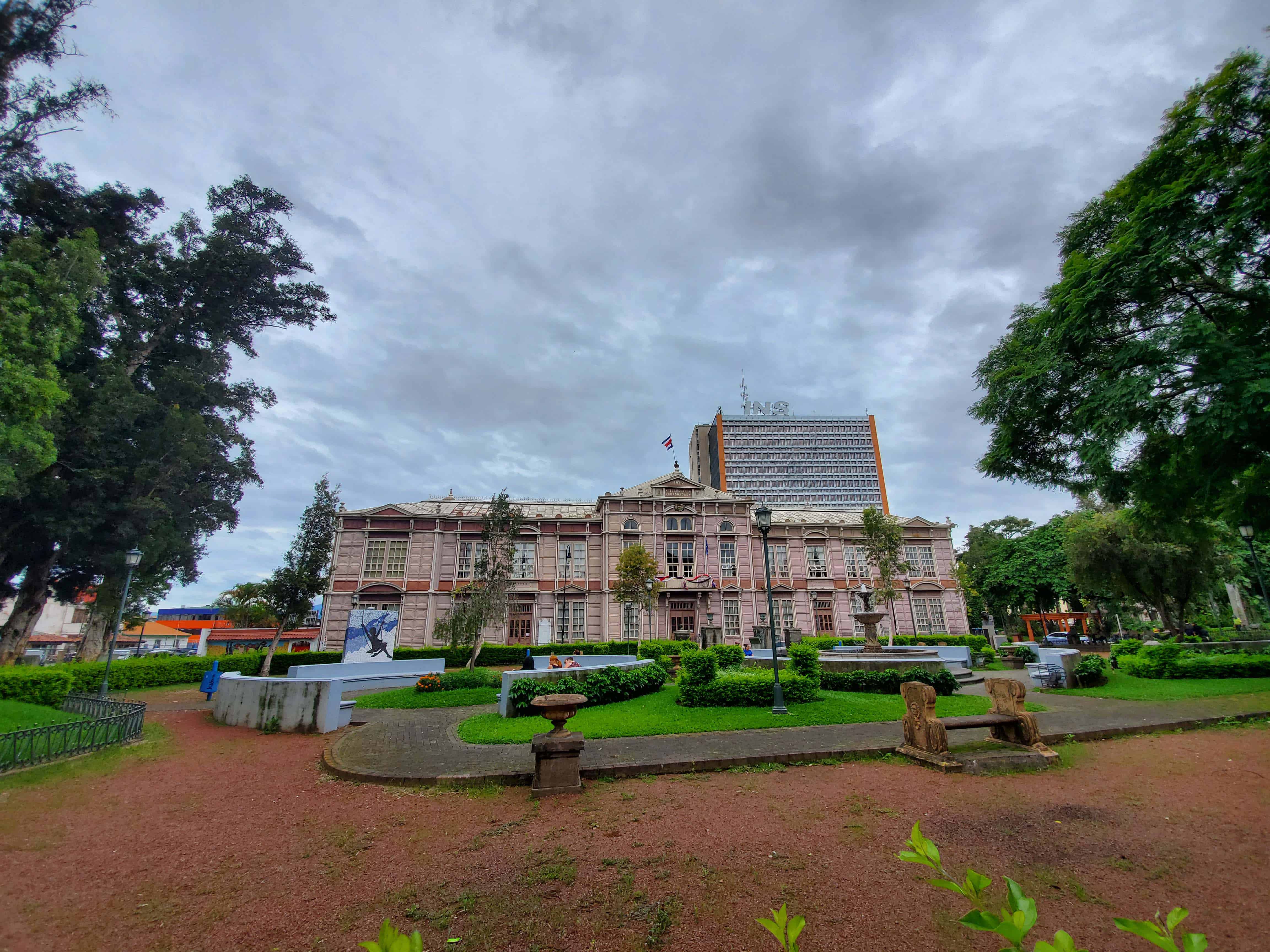Costa Rica has resumed in-person learning across the country’s public schools.
School returns to a mixed modality in which students combine in-person and virtual learning in order to reduce crowding in the classroom.
“Today, we return to the classroom with enthusiasm, joy and with great hope but also with great responsibility of following all health protocols,” said the Education Minister, Guiselle Cruz.
All public schools in Costa Rica had been closed since May 24 due to a surge in coronavirus cases and hospitalizations. Covid-19 cases, hospitalizations and deaths have all registered slow but steady decreases over recent weeks.
In addition, according to Cruz, Education Minister, 96% of teachers have now received at least one dose of a coronavirus vaccine.
“As they are [nearly] all vaccinated, they can do face-to-face work in educational centers as of July 12,” Cruz said.
President Carlos Alvarado celebrated the return to learning at a small ceremony in Sarchí Norte.
“We welcome almost 1,200,000 girls, boys and adolescents from all over the country who restart their 2021 school year under the combined model,” he said. “We will continue working to give them the best conditions to study and to close the gaps in internet access that exist.
“I wish you all the best. You are the hope of our country.”
In May, the MEP had ordered full school closure instead of a switch to virtual lessons because it said more than 400,000 students didn’t have appropriate internet connectivity on short notice.
Given the six-week break in lessons, the 2021 Costa Rica school calendar has been extended until late January 2021. The 2022 school year will begin in mid-February.
While Costa Ricans have returned to the classroom, the pandemic’s impacts on education have been felt felt heavily here and across Latin America.
A March report from UNICEF estimated 114 million students across Latin America have yet to resume face-to-face schooling. School disruptions during the pandemic could have a “catastrophic impact,” the organization said.
“Nowhere else in the world so many children are currently left without face-to-face schooling,” said Jean Gough, UNICEF Regional Director for Latin America and the Caribbean.
“This is the worst education crisis Latin America and the Caribbean has ever faced in its modern history. Many children have already lost one year of face-to-face schooling; now they started to lose another school year. Each additional day without face-to-face schooling puts the most vulnerable children at risk of dropping out of school forever.”






